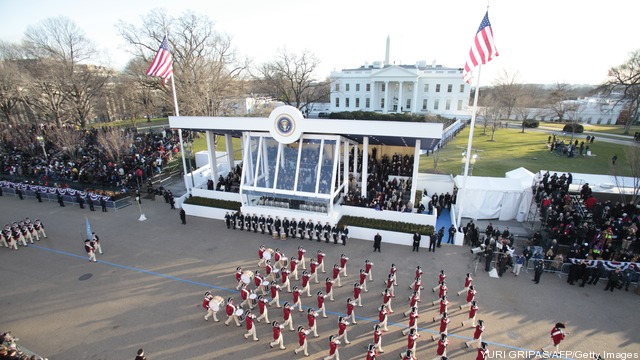
Memo To DC: Think Long-Term On Clean EnergIn his inaugural address, President Obama issued a ringing call for U.S. leadership on the development of sustainable energy technologies. Given Republican reluctance on the issue, what that will mean in practice is hard to say, but a leading nonpartisan research group has a message for the administration and Congress: Adopt long-term, consistent policies or lose out to the rest of the world.
“Although initiatives in recent years have helped to stimulate clean energy progress in the United States, the future of government policy is now uncertain and weighs heavily on U.S. industry and its competitive prospects,” the Pew Chartitable Trust says in its new study [PDF], “Innovate, Manufacture, Compete: A Clean Energy Action Plan.”
You don’t have to look hard to find a good illustration of this. Look at the production tax credit for wind. It was set to expire at the end of 2012, but Congress dithered on acting for months. Ultimately, the PTC was extended – but meanwhile, great damage was done to a manufacturing supply chain that had developed over the last several years.
Plus, the extension was for a mere year! So for companies that make turbine towers, or nacelles, or any of the gear that goes into a wind power plant, the long-term policy terrain remains a mystery.
Pew says it talked to more than a 100 U.S. leaders in the field to compile this report, and “participants cited a lack of policy certainty as the overriding impediment to investment and success,” and they pointed to more than the PTC fight.
“The expiration at the end of 2013 of the production tax credit is the most obvious but is not the only illustration of the policy uncertainties surrounding the sector. Likewise, recent research has demonstrated that expiration of American Recovery and Reinvestment Act (ARRA) programs will create a “fiscal cliff” for the industry, with public-sector support declining 75 percent in 2014 from 2009 levels.”
Within that context, the report set out a solid list of recommendations for policy makers:
- Significantly increase investment in energy research and development.
- Enact a multiyear but time-limited extension of tax credits for clean energy sources.
- Level the playing field across the energy sector by evaluating barriers to competition.
- Renew incentives for domestic clean energy manufacturing.
- Create a strategy to expand markets for clean energy goods and services abroad.
by Pete Danko
